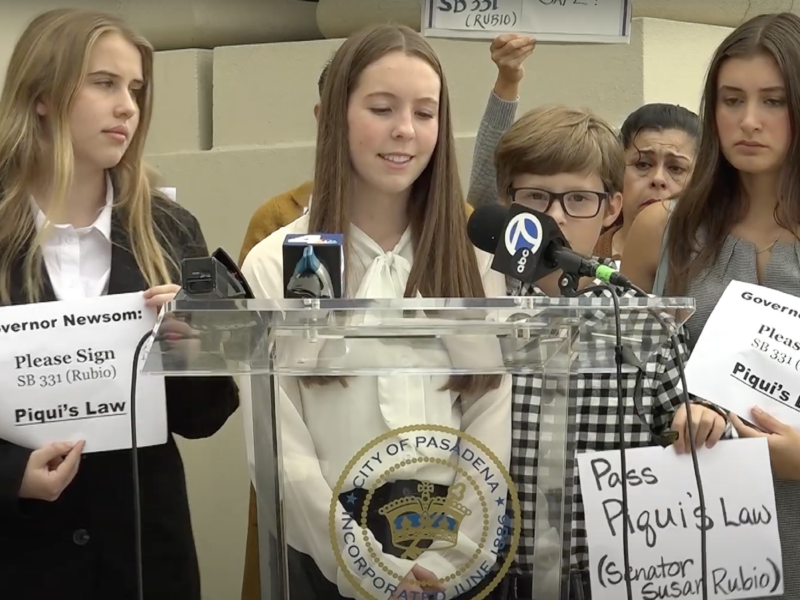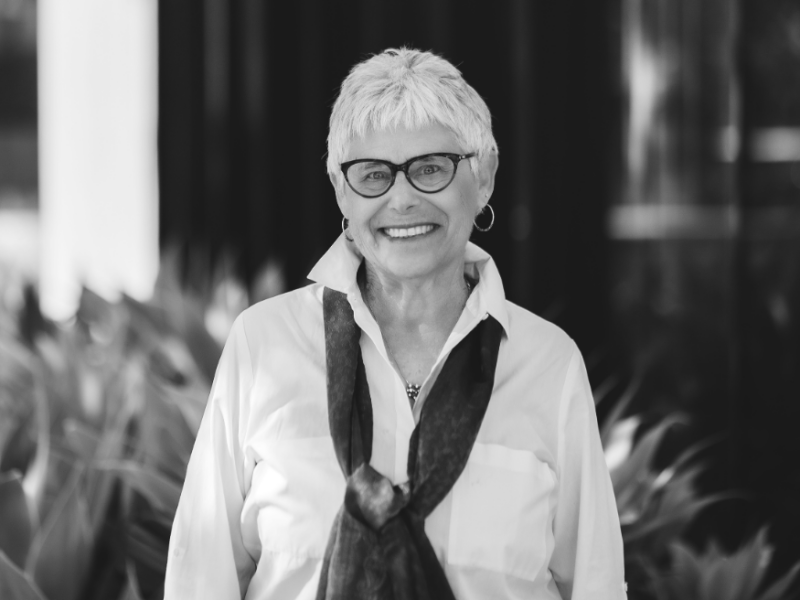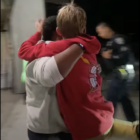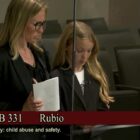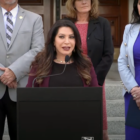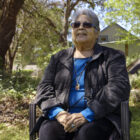Thousands of people last year fell into San Francisco’s complex, reactive, strained system for treating severe mental health and drug-related crises.
To explain how that system works and its effects on the people who enter it, we begin with the story of one man, Jay. As with many others — including those who are unhoused or are detained without their consent following a call from an alarmed observer — Jay had received temporary care, entailing multiple involuntary psychiatric holds, that failed to address his long-term problems. That left him back on the streets to fend for himself or, with the help of passersby, try again to get the aid he needed.



